10 Ayurvedic Plants You Must Have At Home

Ayurveda, the ancient holistic system of healing from India, places a strong emphasis on the balance between nature, body, and mind. Integrating Ayurvedic principles into our living spaces can have a profound impact on our well-being. One beautiful way to do so is by bringing Ayurvedic indoor plants into our homes. In this blog, we’ll explore 10 Ayurvedic Plants You Must Have At Home that not only add a touch of greenery but also promote positive energy, harmony, and wellness in your abode.
10 Ayurvedic Plants You Must Have At Home
Tulsi (Ocimum sanctum):
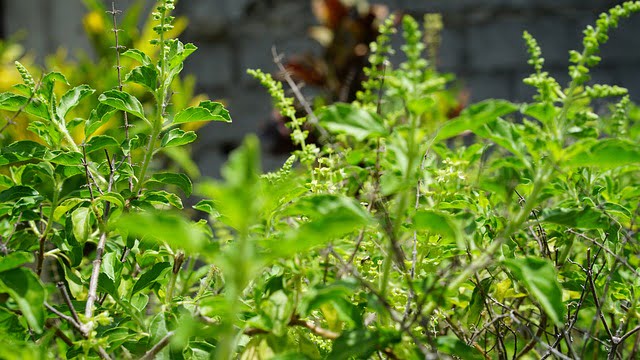
Tulsi, also known as Holy Basil, is a sacred herb in Ayurveda. The fragrant leaves of this plant are well-known for their therapeutic attributes, aiding in respiratory health, enhancing immunity, and alleviating stress. Keeping a Tulsi plant indoors invites a sense of tranquility and positive energy.
Aloe Vera (Aloe barbadensis miller):
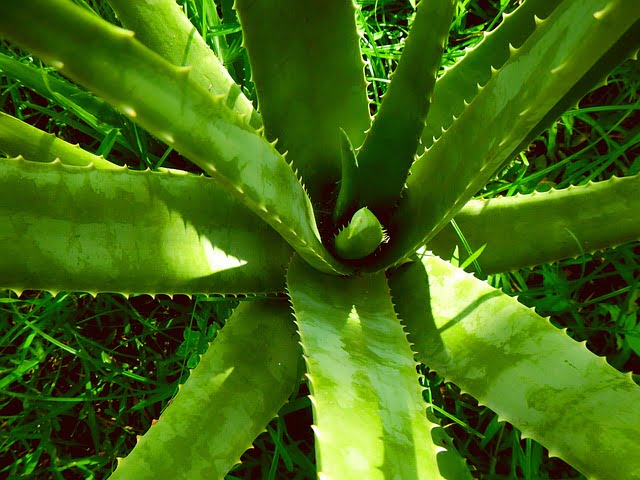
Aloe Vera stands as a versatile Ayurvedic plant, acclaimed for its cooling and therapeutic qualities. Its gel-like substance soothes skin irritations and promotes digestion. An Aloe Vera plant on your windowsill serves as a natural first aid kit and enhances the air quality of your home.
Read More: 5 Elements of Nature and Their Relation With the Human Body
Neem (Azadirachta indica):
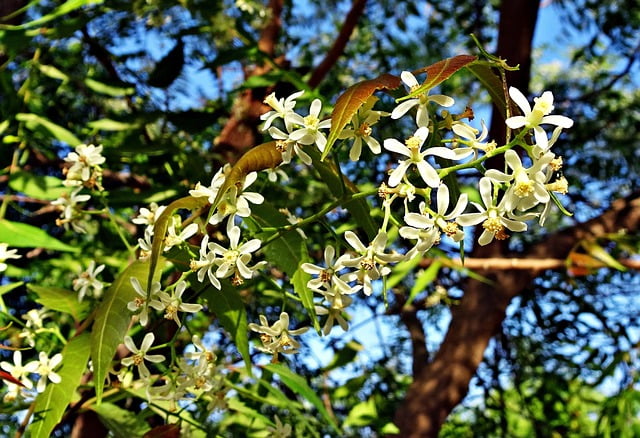
Neem has earned the moniker “village pharmacy” owing to its diverse array of health benefits. Its leaves, when placed indoors, help purify the air, repel insects, and possess antifungal properties. Neem also plays a vital role in Ayurvedic skincare routines.
Peppermint (Mentha piperita):
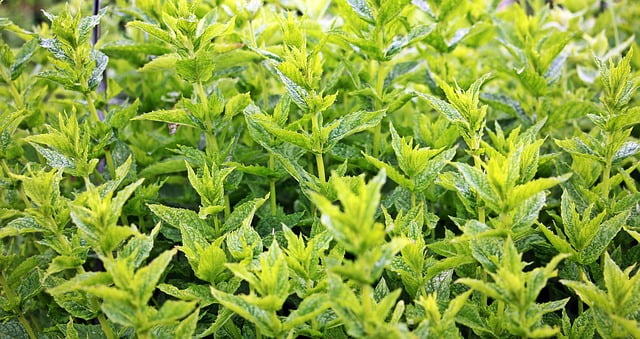
Peppermint is a refreshing herb known for its digestive and cooling properties. Growing Peppermint indoors infuses your space with its invigorating aroma, which can aid in relieving stress and promoting mental clarity.
Read More: Sacred Trees, Plants and Fruit in Hindu Culture
Lemongrass (Cymbopogon Citratus):
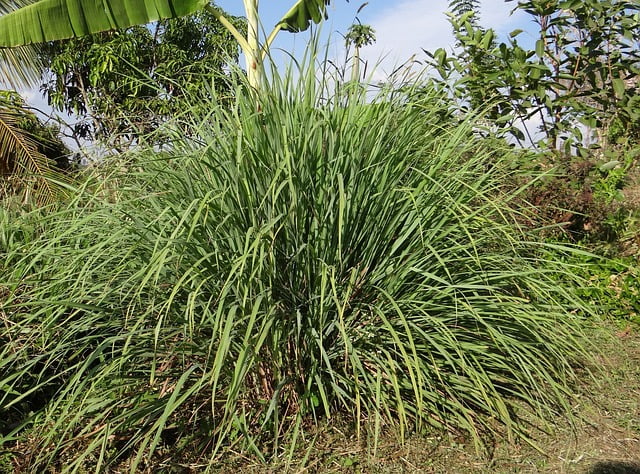
Lemongrass holds esteem in Ayurveda for its digestive advantages and its capacity to harmonize the body’s doshas. Its citrusy scent uplifts the mood and wards off insects, making it a wonderful addition to your indoor garden.
Ashwagandha (Withania Somnifera):
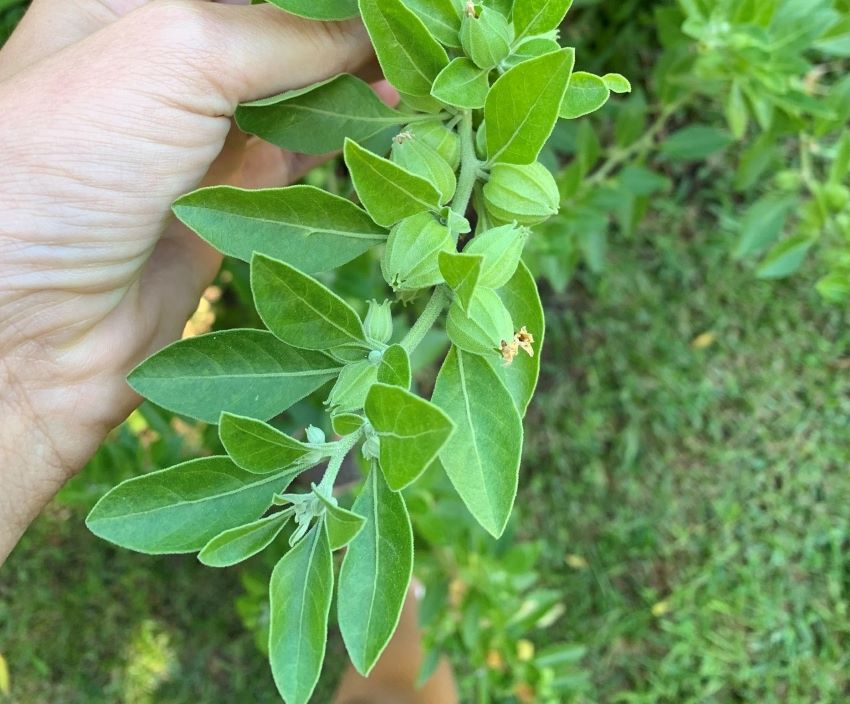
Ashwagandha is an adaptogenic herb that helps the body manage stress and promotes overall vitality. Its presence indoors can create a serene atmosphere, encouraging relaxation and balance.
Read More: 8 Transformative Ways to Infuse Positive Effects into Our Lives
Brahmi (Bacopa monnieri):
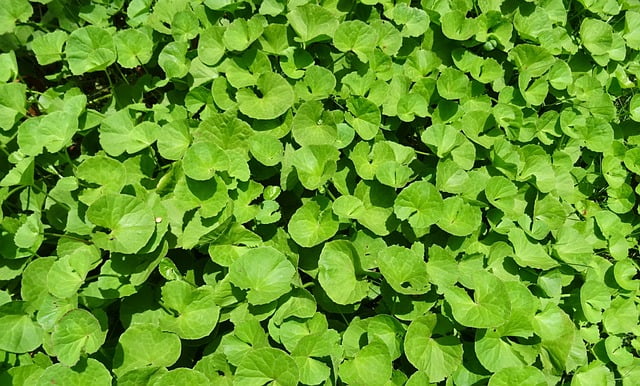
Brahmi, also known as Water Hyssop, is valued for its cognitive-enhancing properties. This small, creeping plant can be grown indoors and is believed to support memory, concentration, and mental clarity.
Lavender (Lavandula spp.):
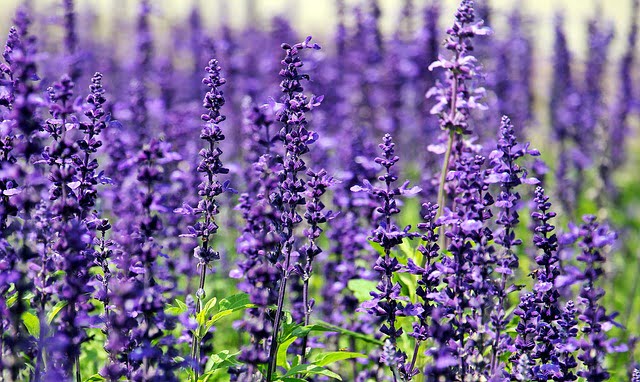
Lavender is cherished for its calming and sleep-inducing effects. Its delightful fragrance can transform your home into a tranquil oasis, promoting relaxation and a restful atmosphere.
Read More: Top 10 Fastest-Growing Trees in India
Mint (Mentha spp.):
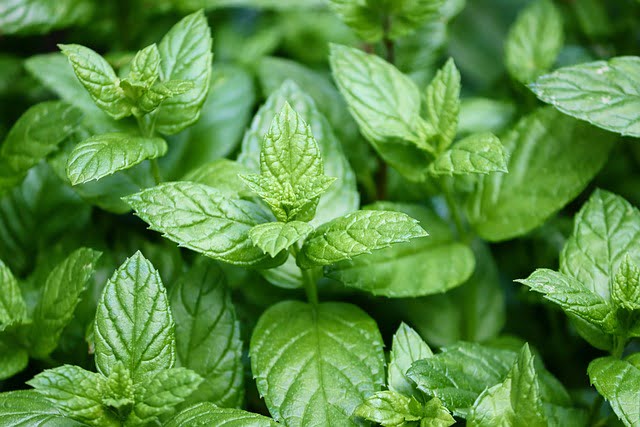
Mint, with its aromatic leaves, aids digestion and soothes the stomach. It can be easily cultivated indoors and adds a refreshing touch to your living space.
Ginger (Zingiber officinale):
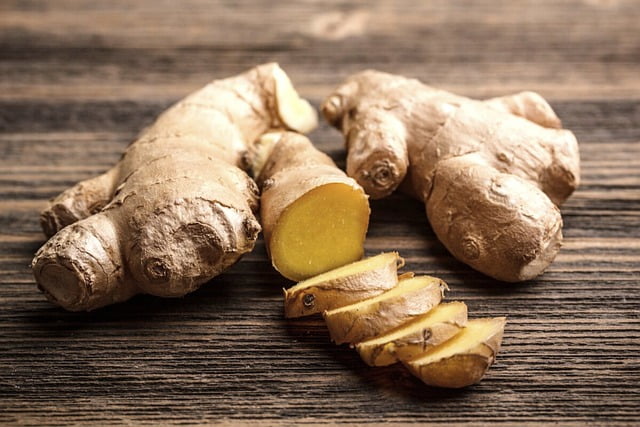
Growing ginger indoors provides you with a fresh source of this versatile herb. Ginger’s warming properties make it a staple in Ayurvedic cooking and remedies, supporting digestion and circulation.




